Spring SPEX Projects
SPEX is back for the spring! There are 4 student projects: Rovers, IREC, HAB, and Astrodynamics as well as 2 MSD projects.
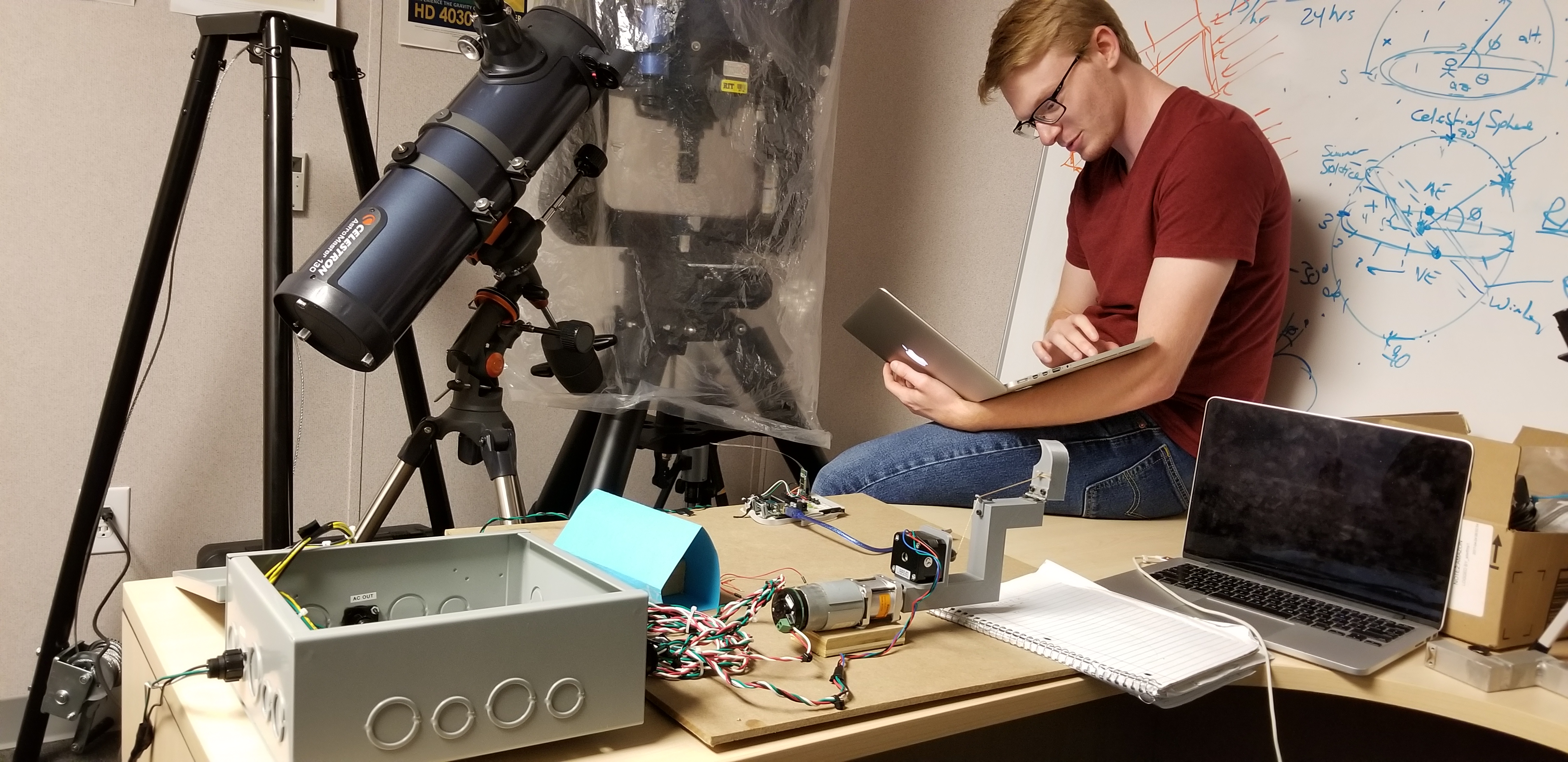
HAB 5 with PLANTHAB
SPEX has already completed multiple successful missions involving the High Altitude Balloon since its establishment. High Altitude Balloons are autonomous balloons sent up to 100,000 feet and serve as research platforms for a variety of purposes. HAB5 will be building upon previous projects completed by the SPEX HAB team. The HAB being sent up this semester on April 27th , 2019, will fly the Plant Life Automatic NDVI with Telemetry from a High Altitude Balloon (PLANTHAB) payload module. PLANTHAB will utilize infrared imaging to measure vegetation density, while also demonstrating on-board image processing and computer vision techniques using low cost components.
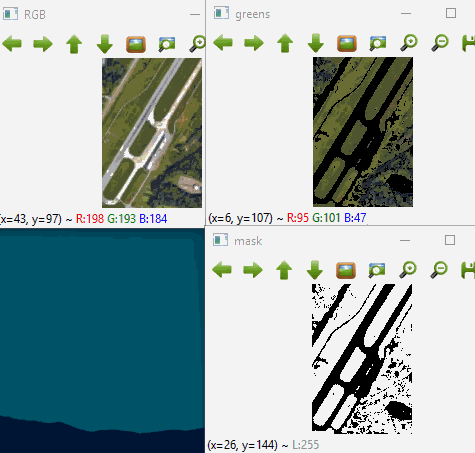
Example of WUAP for HAB 4
Rover
Building on the design work the team completed last semester, SPEX will be finishing construction on the rover. The electrical and suspension systems are already coming together as the first parts are in. The rover is set to include a rocker-bogie suspension mechanism alongside the required motors, piloting equipment, GPS, power regulation, and communications systems.
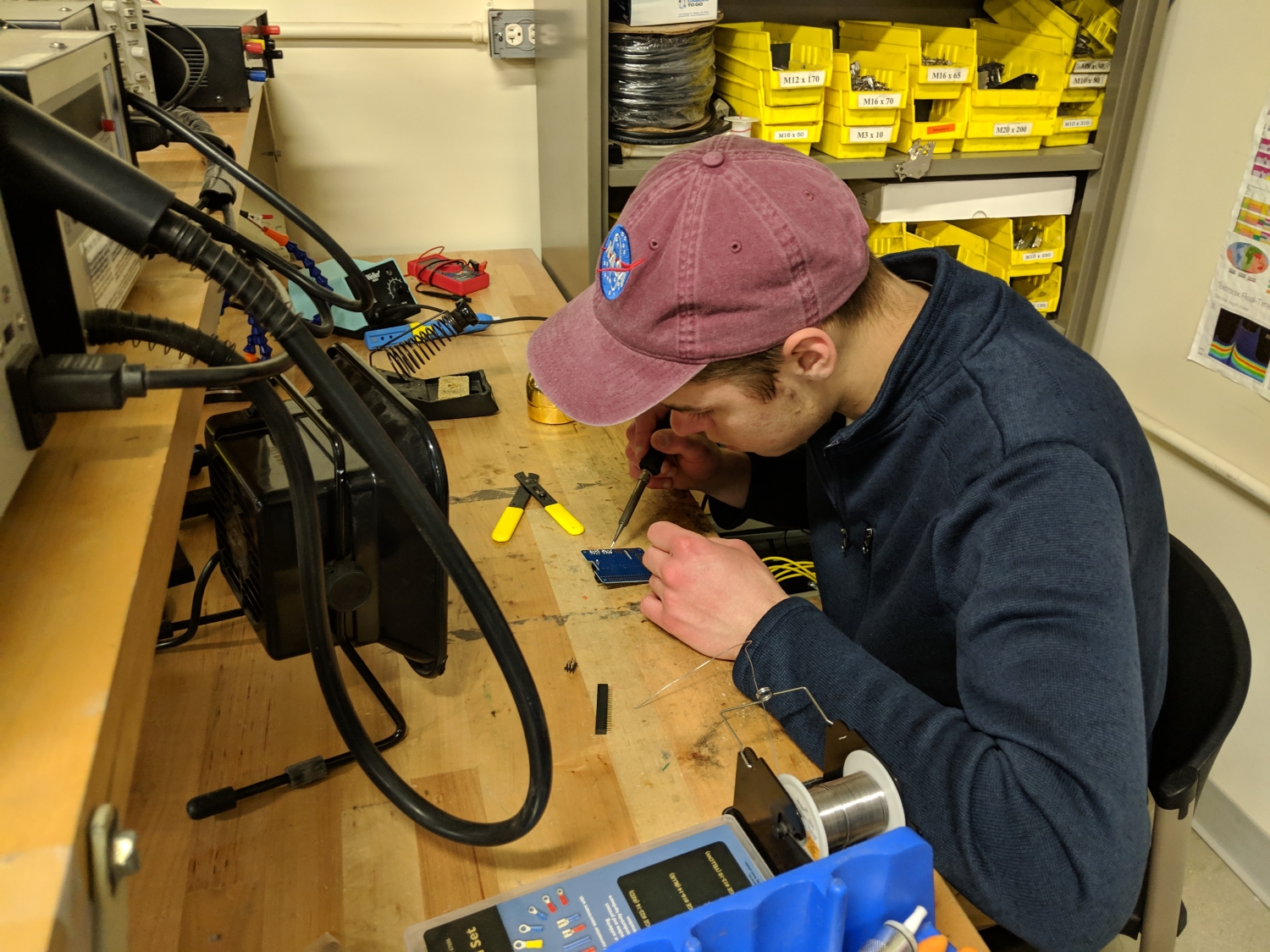
Carter N. soldering the PWM controller
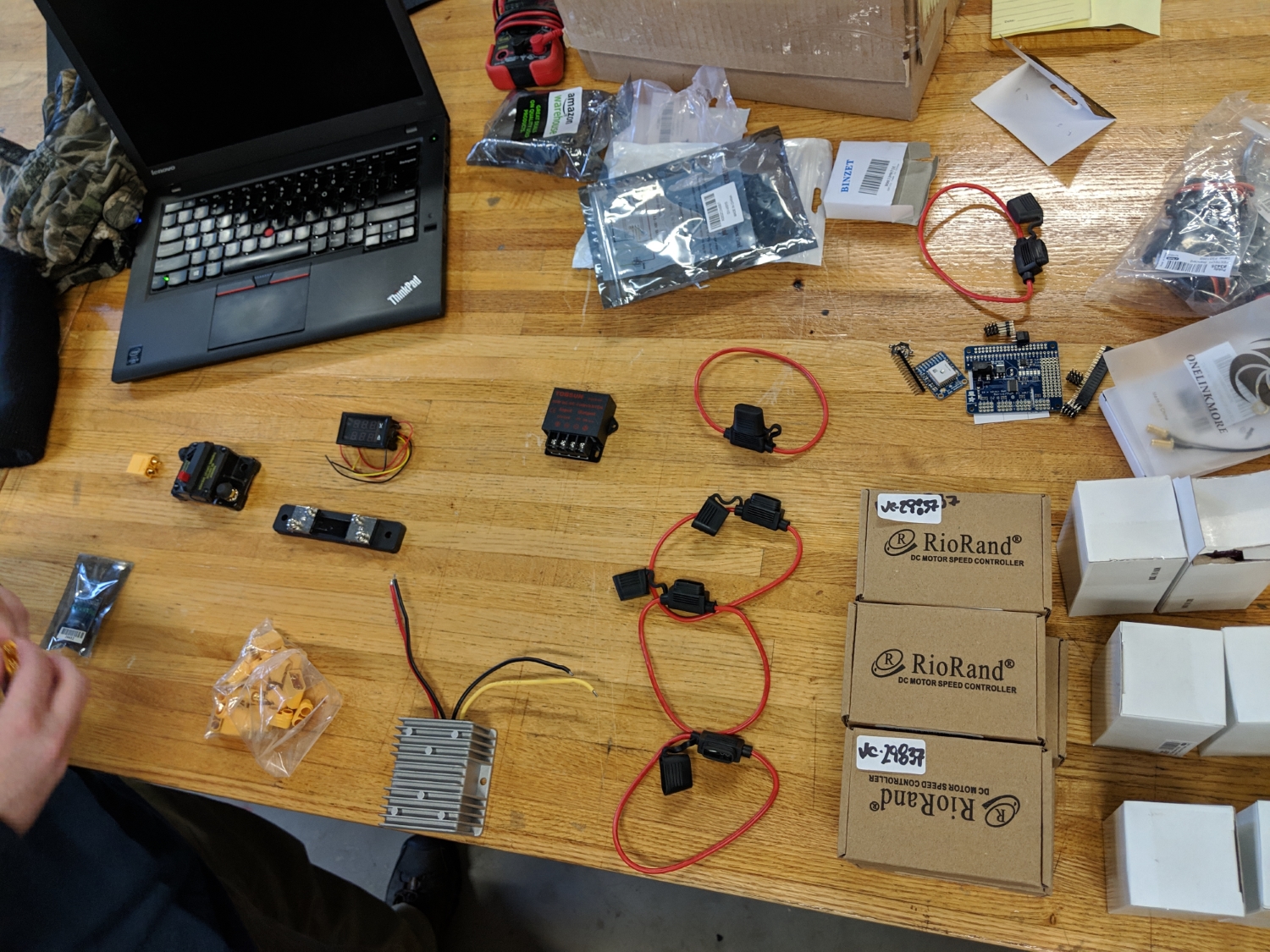
The team laying out the electrical system on a table to better visualize the 5v and 12v rails.
Astrodynamics Observatory Projects
Astrodynamics differs from the other SPEX teams because it focuses on many different smaller projects rather than one singular large project. Last semester, the team started doing work for the RIT Observatory in the form of two projects. The Observatory has two domes, one is a roll-off type where the entire roof is moved off of the building to allow viewing access to the sky. As well as the observatory projects SPEX will also begin research on constructing a radio telescope.
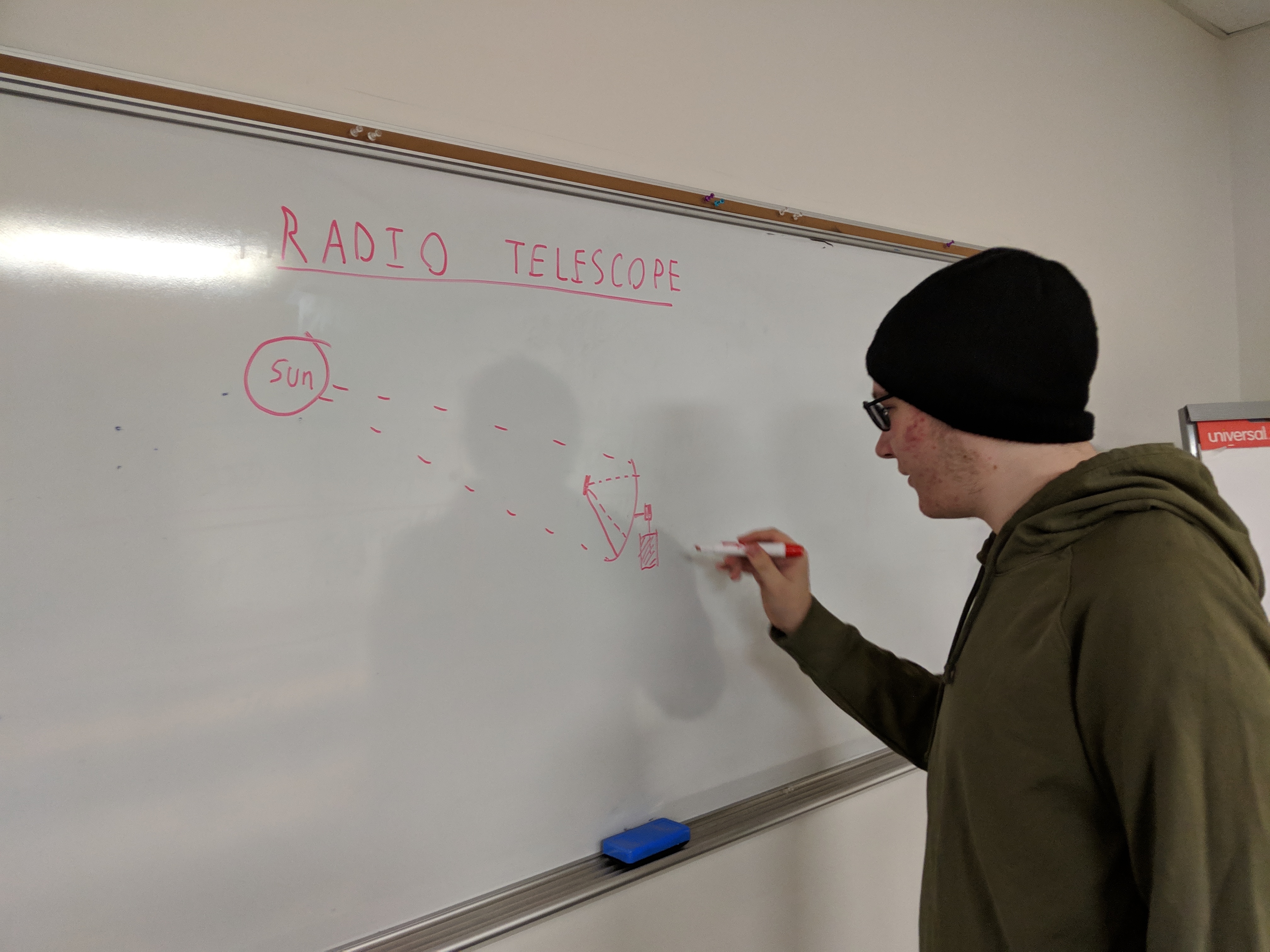
Starting work on the Radio Telescope
IREC 2019 with SPEXTRO
SPEX will continue its work that was started in the fall. SPEX will be participating in the SDL Payload Challenge at the Spaceport America Cup . A 3U CubeSat-like payload featuring a protein spectroscopy experiment will be launched and recovered. The payload is dubbed Spectroscopy Protein EXperiment Through Reaction Observation (SPEXTRO). The Space Dynamics Laboratory (SDL) payload challenge is held at the Intercollegiate Rocket Engineering Competition (IREC) in Las Cruces, New Mexico. The SDL payload challenge is a sub competition at IREC designed to encourage participants to create payloads that accomplish a relevant function and provide useful learning opportunities. The goal of the payload experiment is to test how high acceleration and zero net acceleration (free-fall) affects the folding of proteins.
CubeSat SolarSail and Asteria Return Module
Every academic year, SPEX is the primary customer for multidisciplinary senior design (MSD) projects at RIT. SPEX allows students who are interested in working on an aerospace related project to fulfill their senior design project requirement with a project of their choice that aligns with the goals and needs of SPEX. These projects range from prototype arcjet thrusters and vibration test stands, to deployable satellite solar panels and High Altitude Balloon platforms. SPEX members and advisors are involved in the review process. This year SPEX is sponsoring two such projects. Learn more here!
How do projects get approved?
Projects come from our members. Anyone can submit a project in the form of a Project Definition Document (PDD). The intent of a Project Definition Document (PDD) is to organize and document a project idea and its objectives. In the ideal project life cycle, an idea undergoes an initial research phase where a project Champion and their small team develops the primary objectives and requirements. The PDD is a snapshot of the known challenges, risks, and anticipated areas for research at the very start of a project.
All of the Project Definition Documents as well as thorough documentation can be found on out GitHub here.